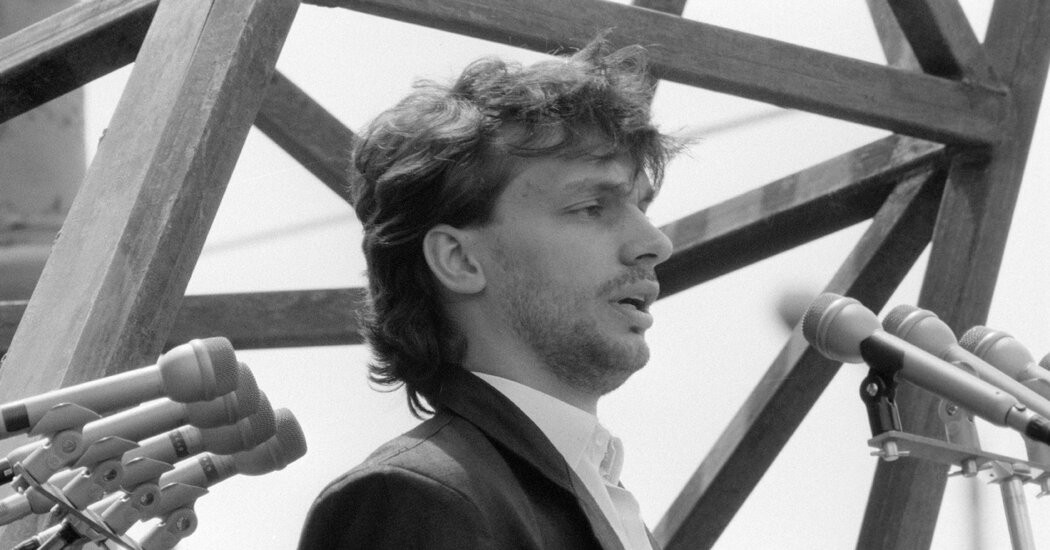

In his dank Budapest prison cell in the mid-1950s, my father imagined he heard Dvorak’s “New World” Symphony. Though no one in my family had ever set foot in the actual New World, just knowing it existed brought my father solace during his nearly two-year incarceration.
Locked up in Soviet-occupied Hungary’s notorious Fo Street fortress, my father was blessedly still unaware that his wife — my mother, a reporter for United Press International — occupied a nearby cell. Nor did he know that his two small children, myself and my older sister, were living with strangers paid to look after them by the American wire services, my parents’ employer. Their crime was reporting on the show trials and jailing of priests, nuns and dissidents that Stalinist satellites of the postwar era used to clamp down on dissent.
My parents would find it bitterly disappointing that American conservatives, including Donald Trump, have come to admire their small European homeland, with its habit of choosing the wrong side of history, and even to see it as a role model. Prime Minister Viktor Orban has branded Hungary an “illiberal democracy” as he systematically rolls back hard-won freedoms, reinvents its less than glorious past and cozies up to Russia, Hungary’s former occupying power and my parents’ jailer.
I recall a different Orban.
On June 1989, I stood with tens of thousands of Hungarians in Budapest’s Heroes’ Square during the reburial of the fallen leaders of the 1956 uprising against the Soviet-controlled government. From the podium, a bearded, skinny youth captured our attention with a fiery speech. “If we are sufficiently determined, we can force the ruling party to face free elections,” he shouted, urging negotiations for the withdrawal of Soviet troops from Hungary. “If we are courageous enough, then and only then, can we fulfill the will of the revolution.” The 26-year-old speaker’s name was Viktor Orban.
The events of 1989, when several members of the Eastern Bloc were throwing off the Soviet yoke, were thrilling. Hungary was taking small steps toward democracy, something that I experienced very personally. At my wedding in 1995 in Budapest, my husband, the diplomat Richard Holbrooke, announced in his toast, “In marrying Kati, I also welcome Hungary to the family of democracies.” Hungary’s president, Arpad Goncz, four years into his work to democratize the country, was also present.
For a time, Mr. Orban, no longer bearded or skinny, head of the youth party Fidesz, befriended Richard and me. He invited us to dinner and the opera, and we hosted him in our New York apartment at a return dinner. (As it happens, the financier and philanthropist George Soros — whom Mr. Orban has aggressively attacked in recent years — was also present on that occasion.)